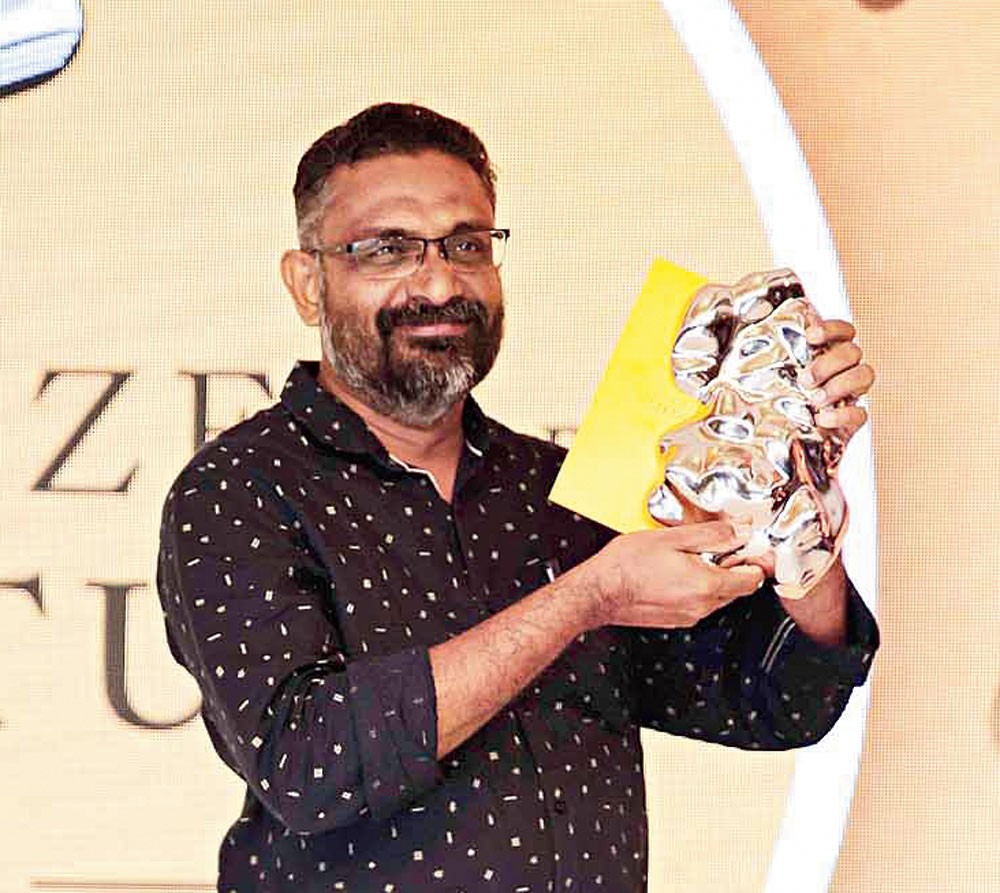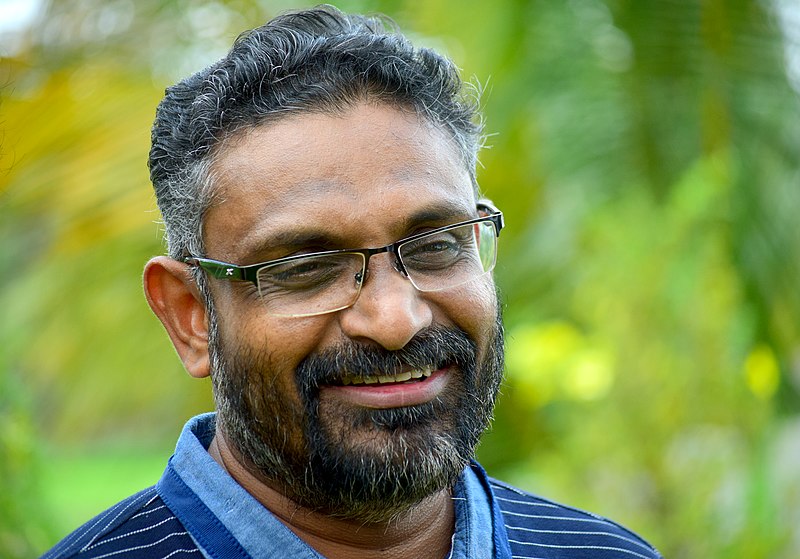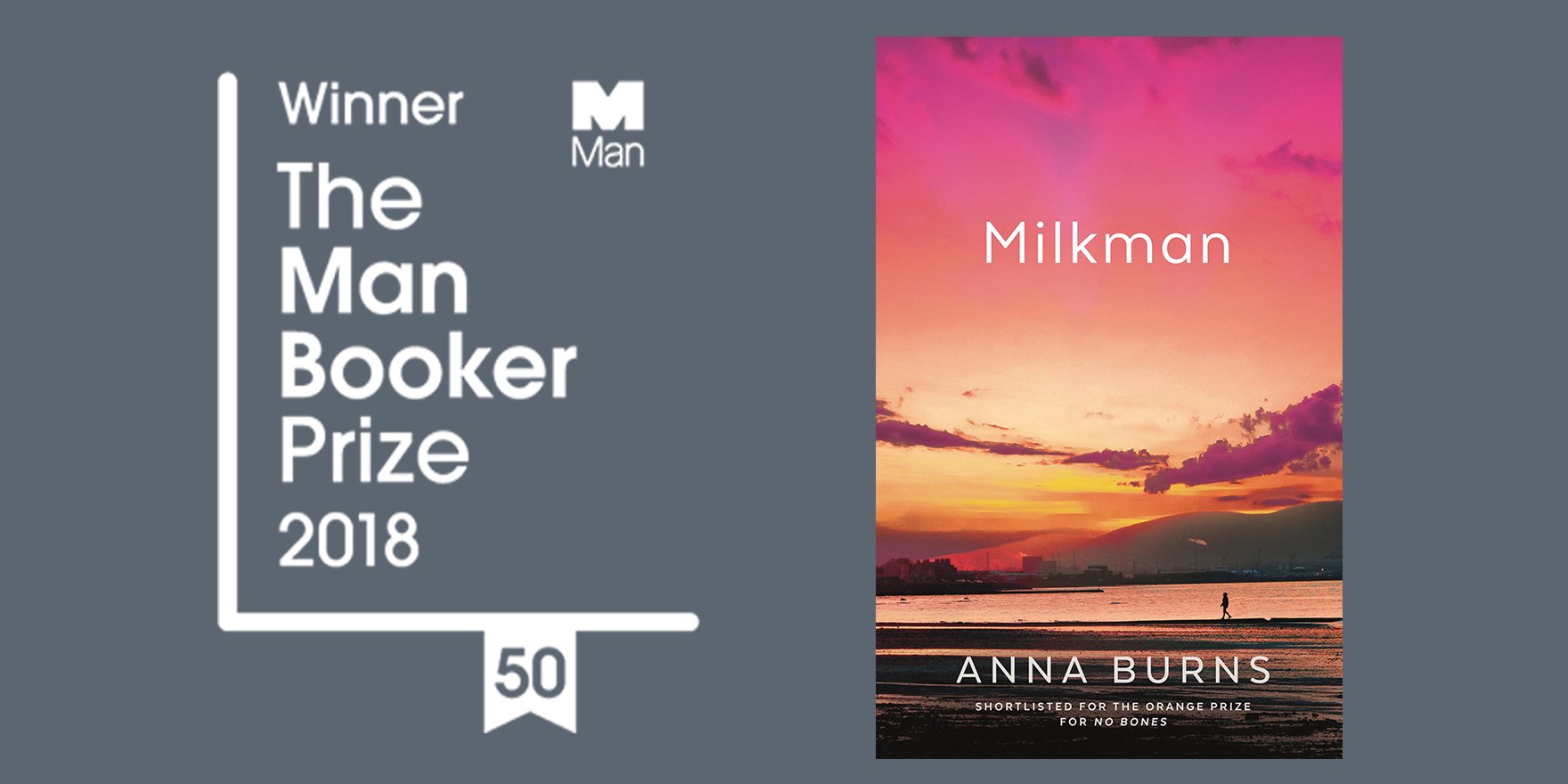A translated work of fiction — Malayalam author Benyamin’s Jasmine Days — has won the first JCB Prize for Literature and a cash prize of Rs 25 lakh. It’s been translated to English by Shahnaz Habib, who received Rs 5 lakh as prize money. The morning after the momentous win, the author chatted with t2.
Benyamin’s novel is about a Pakistani woman, Sameera Parvin, who settles in the unnamed ‘The City’ as an RJ. Having witnessed Arab Spring from close quarters, Benyamin, who was a resident of Bahrain for a long time, uses his personal experience to build a compelling tale of revolution. What sets the novel apart is the author leading his audience to believe that Jasmine Days is an autobiographical work in Arabic by Sameera which he happened to translate to Malayalam. In reality, though, Sameera is fictional.
Formed to recognise and award Indian authors to create greater visibility for Indian writing in English, the first edition of the JCB Prize for Literature had on its jury novelist Vivek Shanbhag, Priyamvada Natarajan, a theoretical astrophysicist at Yale University, translator-author Arshia Sattar, and Harvard University fellow Rohan Murty.
Excerpts from the interview with the winner:
How does it feel to have won the first JCB Prize for Literature?
I am so happy and excited because, first of all, it is large prize money for a writer. Secondly, it is for a translated work. Now this piece has the scope of reaching so many more readers around the world. Thirdly, readers will now recognise the writers who are creating works in regional languages and maybe that will bring them to my other works as well (laughs). So this is definitely the happiest part of the award.
Why did you make your protagonist a Pakistani? Would she not have been more relatable had she been Malayalee?
I always prefer people or protagonists from another world because even I wish to see what is happening there. It serves as a mirror for the Malayalee world to get an outside perspective. I have spent a good part of my life in a Middle Eastern country and I have friends from Pakistan and multiple other places. I know about their culture and the problems they faced in the Middle East. So it was easy for me to make this person a Pakistani girl, viewing the world from the other angle and not from my own — how they see Malayalees and Indians in general. Not only in this book, in a lot of my short stories as well, you will see that I have chosen protagonists from other countries.
You refer to Malayalees as the ‘Malayali Mafia’. Weren’t you afraid of backlash?
Because I am Malayalee, it is easy for me to say that all Malayalees are good, but this is the other perspective. It was important to uphold how other people think or see Malayalees. All of this comes from my experience, so it was easy to choose a name like this!
In Goat Days, your earlier novel, you identified the setting as Saudi Arabia. Why is the city in Jasmine Days nameless?
That, I feel, is the best part about fictionalising real incidents. Because then I can create one incident from many different events from different areas. It is not the story of a single city or a single incident. It is a story from many events around the world, mostly the Middle East. It is easier for a fiction writer if it is just ‘The City’. This allows me to have more freedom on the fiction part. Also, it becomes more relatable when the city is nameless.
Tell us a little about your research process for the book.
My personal experience forms the main crux of research whenever I am writing, having lived in a Middle Eastern country for so many years. I have many friends from the Arab nations and they have given me a lot of insights into what is happening on the inside, as opposed to what we get to know from the outside. The second part is, of course, reading. I collect books and read voraciously for research purposes, not just for this novel but for any novel that I am working on.
In Jasmine Days, the plot is the protagonist as opposed to a character. What thought went behind that choice?
Sameera and Ali are from different communities with different belief systems. One is a Shia Muslim, while the other is a Sunni. That is also a large issue in the Arab countries with people from certain communities being treated as second-class citizens. That was my reason for choosing two characters from different belief systems.
You’ve spoken about the growing intolerance in India. What would you advise young writers at a time like this?
We, as writers, must focus on the politics. Writing for comedy or for anything else is long over. We absolutely have to write about politics. That doesn’t mean we should harp upon some political slogan, but you have to be aware of what is happening around you. That is what adds to the politics of writing. Young writers should see what is happening around them and portray it to the readers to make them aware. Even a love story can be political. In each moment of life, we have our politics and it is the duty of writers to uphold it.
What is your writing process like?
It is a long process, sometimes taking three to five years. Normally, I spend a lot of time to collect the material from my memories, my friends, a book or a magazine. My chapters never move chronologically when I begin writing. I may end up writing the 15th chapter before I have written the seventh one. I do write randomly, never thinking about the chronology in the initial stages. Because at that moment, I want to say something and I just get it out.
It is only in the later stages that I connect the dots and the chapters to form the book. I try to write something every day — a paragraph or even a line. Sometimes I dream a bit since most of our writing happens in the mind and not on the computer. So even when I am travelling, the process continues.
What are you currently reading?
Flights by Olga Tokarczuk, the winner of the Man Booker International Prize. I think it is one of the best books I have ever read!
What is next on the cards other than the much-anticipated sequel to Jasmine Days?
I wish to write an “Indian” novel. Not Malayalee or any specific regional piece but a single novel which encapsulates all Indian experiences. I don’t know how to execute it but I do have a dream of representing every part and every corner of this country.













